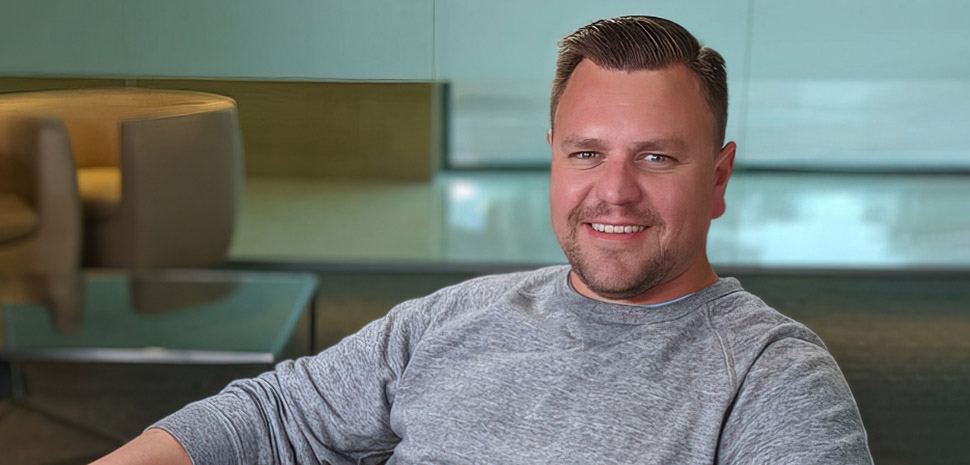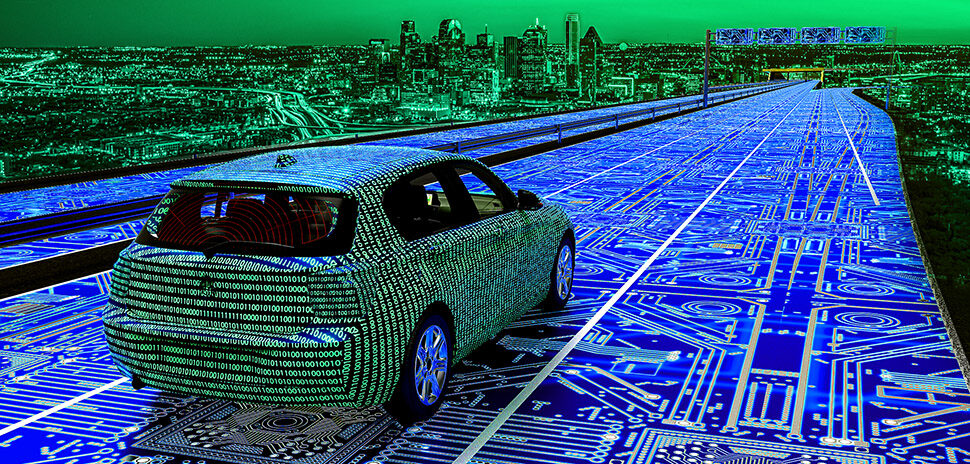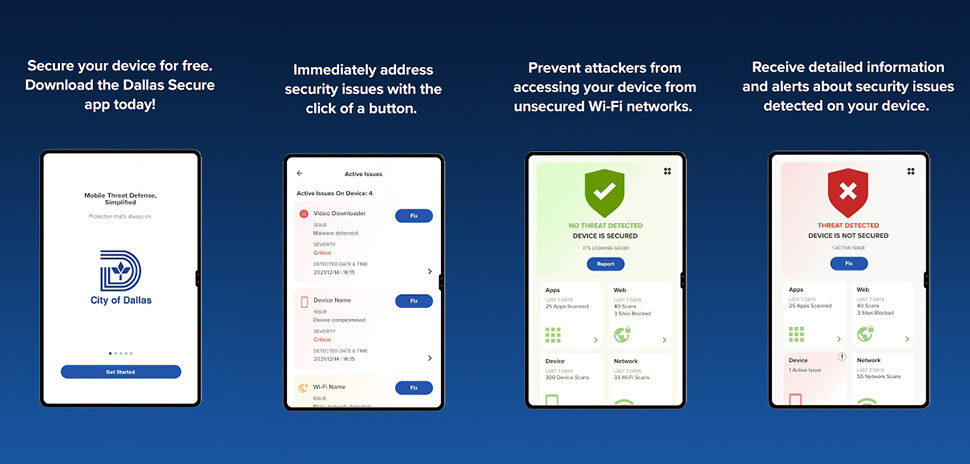VicOne—an Irving-based provider of automotive cybersecurity solutions—wants to make it safer to share data in “vehicle-to-everything environments.” To help do that, it’s expanding its partnership with Taiwan’s DFI, a global provider of embedded motherboards and industrial computers.
By making it safer for vehicles, traffic signals, and infrastructure to share data with the internet, the collaboration aims to “deliver enhanced industry-leading automotive cybersecurity software solutions and services” for the EV and connected transportation market.
VicOne was launched by Trend Micro last year
VicOne was launched by Trend Micro in June 2022 to support large-scale connected car deployments. Both cybersecurity companies have U.S. headquarters in Irving with parent companies in Japan.
Supporting the cybersecurity of a vehicle throughout its life cycle, VicOne says it leverages “over 30 years of cybersecurity experience from Trend Micro and the expertise of more than 10,000 independent researchers through the Zero Day Initiative.” VicOne’s solutions leverage machine learning, behavior monitoring, and detection and response to help secure connected cars.
Collaborating on ‘advanced embedded cybersecurity’
VicOne CEO Max Cheng [Photo: VicOne]
VicOne and DFI have teamed up to provide “advanced embedded cybersecurity solutions” for various applications, with a goal of laying the foundation of “fully interconnected transportation with smart cities environments.”
The companies are addressing a growing need to incorporate information security into transportation tools, fleet management, and smart poles at the design stage, VicOne says.
Max Cheng, VicOne’s CEO, says the two companies “share a common vision for improving transportation in smart cities.”
They also aim to ensure that “cellular vehicle-to-everything (C-V2X) technology is most effectively used to solve issues with traffic congestion, pedestrian safety, and smart transportation security,” Cheng added in a statement.
Live tech demos on thwarting hackers of connected vehicles
VicOne and DFI have used live tech demonstrations to showcase their collaboration, most recently showing a C-V2X example of hackers taking control of a vehicle equipped with smart devices. That demo highlighted VicOne’s vehicle network security solution, which “utilizes remote control of abnormal data signals and real-time warnings to help car manufacturers, fleet operators, and system suppliers establish a more powerful vision of information security defense, and prevent new types of over-the-air hacker invasions.”
“Partnering with VicOne to deliver industry-leading solutions for automotive manufacturing customers and smart city planners worldwide will allow us to provide the very best security design and technology integration to support the next generation of connected vehicles and build safe and secure smart cities,” Alexander Su, president of DFI, said in the statement.
VicOne showcased its ‘smart cockpit’ solutions at CES in January
In January at CES 2023 in Las Vegas, VicOne demonstrated its smart cockpit cybersecurity solutions, as seen in the photo atop this article. The solutions address “the shifting behavior of users of connected cars and electric vehicles, and their influence on cybersecurity, as automotive manufacturers prepare for increasing cyber-attacks through keyless entry, charging stations, and in-vehicle infotainment,” the company said at the time.
![]()
Get on the list.
Dallas Innovates, every day.
Sign up to keep your eye on what’s new and next in Dallas-Fort Worth, every day.




































































